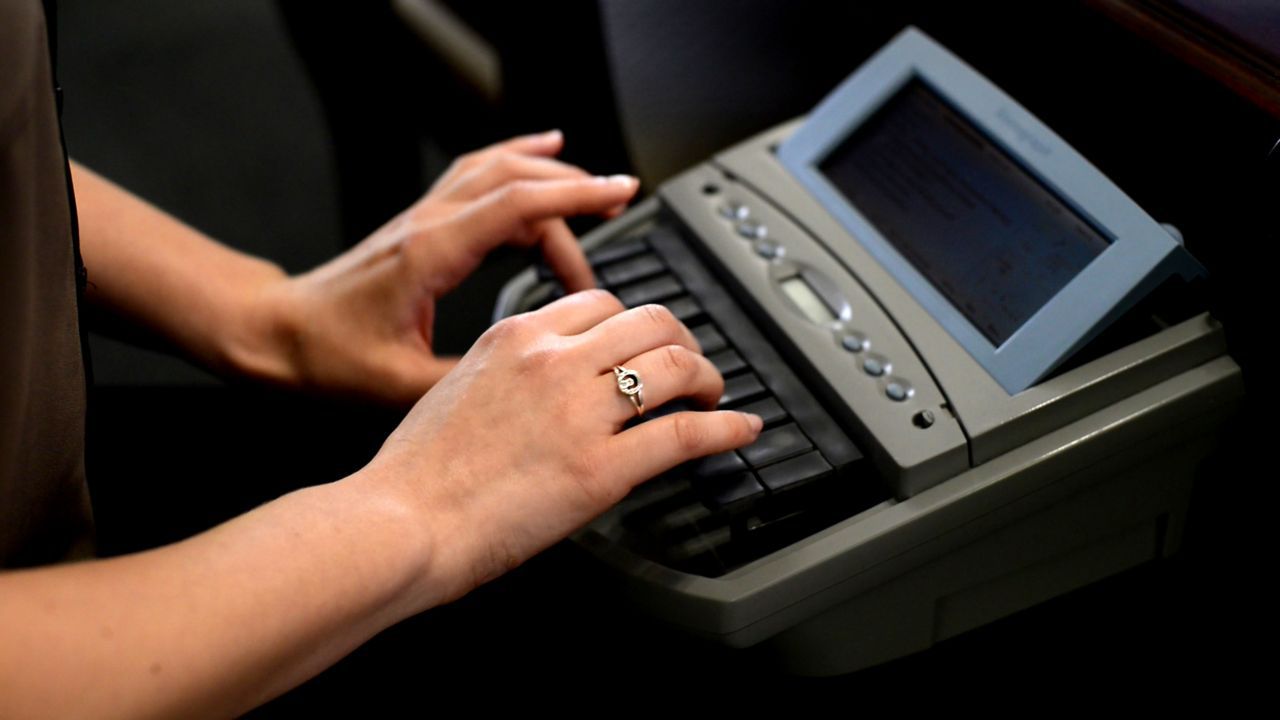The Olympics of Court Reporting

After a court reporter has completed their course of
training, they have the opportunity to sit for professional certification exams
offered by various court reporting associations. The organization through which
a reporter will seek certification depends upon their method of capturing the
record.
Each professional organization’s certification exams are
aimed at verifying that the court reporter has the necessary skills to record
the proceedings and produce an accurate, verbatim transcript. Preparing a
transcript is more complicated than simply getting the spoken words onto the
transcript page. Since many depositions contain medical or technical terms,
reporters must be familiar with medical and technical terminology, and must
have a command of grammar and punctuation.
In addition, each association requires continuing education
hours in order to retain certifications. Since technology is rapidly changing,
taking part in continuing education enables reporters to stay abreast of the
latest developments and any changes in best practices.
National Court
Reporters Association (NCRA) certifies stenotype
reporters, legal videographers, realtime captioners, and court reporter
instructors. There are three levels of certification for Registered court
reporters: Professional, Merit, and Diplomate. They also offer certification as
a Certified Realtime Reporter. Each certification requires that the candidate pass
a written knowledge test covering technology, reporting practices, and
professional practices. All certifications except Diplomate require candidates
to capture literary, jury charge, and question-and-answer dictations at various
speeds – up to 260 words per minute – then create a transcript with 95 percent
accuracy.
National Verbatim
Reporters Association (NVRA) certifies stenotype reporters, voice
writers, legal videographers, CART providers, broadcast captioners, legal
transcriptionists, and scopists. For court reporters, there are separate
certifications for military court reporters and realtime court reporters. Each
certification track has a basic certification and a Master certification. Court
reporter certification exams include a written knowledge test and a practical
exam, and are held at proctored test sites throughout the country. The written
knowledge test covers reporting the verbatim record, transcript production
including vocabulary and punctuation, transcript distribution, professional responsibilities,
and ethics. The practical exam includes three separate dictations literary,
jury charge, and question-and-answer, given at increasing speeds – up to 260
words per minute. Certification candidates must report the dictations using
either their stenotype or voice writing equipment then create a verbatim
transcript with 95 percent accuracy.
The American
Association of Electronic Reporters and Transcribers (AAERT) provides certificationfor
electronic (digital) reporters and transcribers. The Certified Electronic
Transcriber exam has two parts: an online knowledge test covering
transcript format and proofreading, general court procedures, and vocabulary,
and a practical examination in which the candidate is given an audio file
containing a mock court proceeding and must create a full transcript in Federal
Court format within 120 minutes, with 98 percent accuracy. The Certified
Electronic Reporter exam is taken online and consists of a knowledge test
covering court reporting and technical questions, general court procedures and
practices, vocabulary, and log annotations.
Becoming certified indicates that a court reporter takes
their professional duties seriously and are committed to staying at the
forefront of the industry.